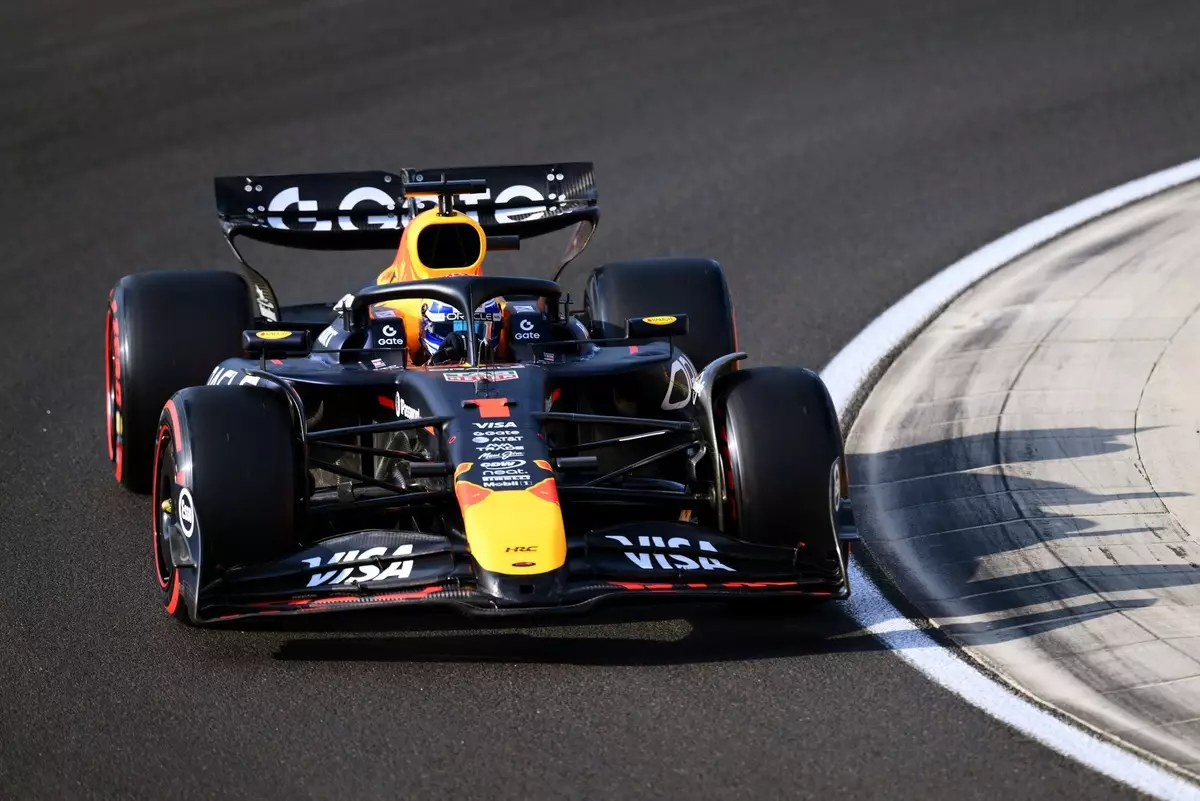Max Verstappen entered the Hungarian Grand Prix weekend with his usual confidence, but by the end of the opening day, it was clear that the reigning world champion was facing more than just bad luck. Finishing FP2 in 14th place, 1.1 seconds behind the leader, revealed a concerning gap that contrasts sharply with his dominant performances in prior races. The words of Verstappen himself underscore the gravity of the situation: “Nothing really works.” This statement goes beyond mere frustration—it’s a candid reflection of pressing technical and psychological challenges confronting Red Bull’s star driver and his team.
Such struggles could be dismissed as typical early-season teething issues, but they reveal systemic struggles that threaten to undermine Red Bull’s otherwise strong championship campaign. Verstappen comparing his car’s behavior to “driving on ice” is particularly revealing. It indicates a fundamental problem with grip and balance, which are critical for pushing the limits on a notoriously tricky circuit like the Hungaroring. When the car feels “undriveable,” it tests the resilience of even the most seasoned driver, and Verstappen’s acknowledgment signals serious concern. If the team cannot stabilize the car’s handling, it risks losing vital championship points and momentum.
Complex Technical Dilemmas: The Search for Answers
Verstappen’s admission that “nothing really works” is not a cry of defeat but a challenge to the engineering team to solve a complex puzzle. The team’s immediate response, with a lengthy debrief by Laurent Mekies and engineers, hints at the multifaceted nature of their problems. The fact that they are still unsure of the root cause after a full day of testing underscores the complexity of F1 car development, especially when adapting to fluctuating track conditions.
Several factors could be at play: aerodynamic instability, tire degradation, or even setup misalignments. The tight, twisty nature of Hungaroring demands strategic precision and an optimally balanced car. Given the early indications that McLaren is “flying,” the pressure on Red Bull to adapt swiftly intensifies. The team’s ability to analyze data overnight—potentially making rapid adjustments—will be pivotal. It’s a reminder that, in Formula 1, even the best teams are constantly fighting against the margins of reliability and performance optimization.
Team Dynamics and Mental Toughness
Verstappen’s candid comments reveal an athlete who is not just battling technical setbacks but also the psychological strain of racing close to the limit. The engineer-driver relationship will be tested as teams work feverishly to turn around their setups. Verstappen’s confidence and mental resilience are vital, especially when highlighting that the problem isn’t just technical but also about understanding the car’s behavior. His acknowledgment that “nothing really works” suggests frustration but also a willingness to persist.
The minor incident involving the towel—an honest mistake with regulatory consequences—further underscores how even minor errors can have repercussions under intense scrutiny of stewards. Verstappen’s explanation depicts a driver trying to act responsibly amid stressful conditions. Such episodes serve as a reminder that, in this sport, every detail counts, and even small lapses can become magnified issues.
Meanwhile, Yuki Tsunoda’s contrasting perspective offers insight into the team’s broader picture. While not experiencing the same grip deficits as Verstappen, Tsunoda’s experience with a different car setup signals ongoing development and adaptation efforts. His early improvement from FP1 to FP2 and desire to obtain the latest front wing hint at the team’s continual pursuit of pace, even amidst adversity.
Implications for the Rest of the Weekend
The early signs suggest that qualifying and race performance might be far from assured for Red Bull. Verstappen’s admission of uncertainty and the steep hurdles ahead highlight the importance of strategic flexibility. The team’s ability to interpret their data and make bold, innovative changes overnight will be decisive.
In a broader context, this scenario exemplifies the relentless nature of Formula 1—a sport where a single weekend can unfold unpredictably. For Verstappen, it’s a test of resilience amid adversity. For the team, a reminder that even under the best circumstances, victory depends on meticulous precision, rapid problem-solving, and mental grit. As the Hungarian Grand Prix approaches, all eyes will be on them to see whether they can bounce back or continue to wrestle with setbacks that threaten to erode their championship advantage.


Leave a Reply